News Agency of Nigeria (NAN)
Reports by Sani Idris
The Kaduna State Government has on Thursday began stakeholders sensitisation on development of bills for the establishment of Rural Access Roads Agency (RARA) and State Road Fund (SRF) in the state.
The stakeholders sensitisation on development of the RARA and SRF by the Kaduna State Government was on the backdrop of the World Bank's Rural Access and Agricultural Marketing Project (RAAMP).
The RAAMP, a third-generation rural access project, which is keyed into by 19 states including Kaduna, aimed at strengthening the institutional and financing base for sustainable management of state and rural network.
RAAMP is funded through contributions from the Federal Governmen through the Federal Ministry of Agriculture and Rural Development (FMARD).
The project is being supported by the International Development Association (IDA), a subsidiary of the World Bank, and the L’Agence Francaise de Development (French Development Agency or AFD) in the form of loans.
The Kaduna State Project Coordinator of RAAMP, Engr. Zubairu Abubakar, said the engagement was to sensitise the relevant stakeholders on development of the bills (RARA and SRF) that would ensure development and maintainance of rural roads in Kaduna.
He explained that the meeting was also to generate ideas on establishing financing and institutional frameworks that would ensure sustained maintenance and management of the rural road network.
He noted that the state government would provide counter funds for the RAAMP project, which is World Bank assisted.
Also, the National Coordinator of the project, Alhaji Aliyu Bodinga, said the RAAMP would ensure rapid sustainable development to the rural areas through application of internationally benchmarked project management best practices in the delivery of public sector projects.
Bodinga, represented by Mr Alhassan Aliyu, added that the road sector reform was encouraged because of the analysis which revealed that rural roads were in extreme poor conditions.
He explained that states having their road maintenance agencies, would not clash the responsibilities of the project, noting that they would concentrate on class 'C' and 'D' roads.
Earlier, Permanent Secretary, Kaduna Ministry of Agriculture, Mr Kabiru Mainasidi, said that the World Bank has made it a prerequisite that each participating state is required to complete in no later than 18 months after the date of the subsidiary agreement finalisation, a legislation to establish the State RARA and SRF.
He added that the world bank also made it a requirement for placing RARA and SRF before the State House of Assembly, where failure to comply would result in suspension of disbursements to the prticipating state until the reforms have been completed.
He stressed the importance of establishing the RARA in Kaduna, adding that it holds immense importance for the development and progress of the state.
Mainasidi noted that rural access roads are crucial lifelines that connects remote areas to markets, empowers entrepreneurs to reach new customers, and facilitates the seamless movement of goods and services.
He said the RARA and SRF, if established in Kaduna, would catalyse the growth of agri-businesses, enable the agriculture sector to flourish and contributing to the overall economic prosperity of the state.
Beyond economic benefits, Mainasidi also noted that a comprehensive rural road network plays pivotal role in ensuring equitable access to education and healthcare services.
"It empowers students to pursue knowledge by enabling easier commuting to schools and colleges thereby reducing drop-out rates, and fostering a culture of lifelong learning.
"Likewise, it will provides timely and reliable access to medical facilities, allowing our citizens to receive quality healthcare services regardless of their geographic location," he said.
The Permanent Secretary urged the stakeholders to actively participate in the discussions by sharing ideas, suggestions, and concerns.
He also urged them to engage in constructive dialogue, embrace diversity and inclusivity, to ensure working towards a common goal of creating a robust RARA that would serve the needs of Kaduna communities.
Giving a remark, Mr Sani Liman, the Chief of Staff to the State Governor, said they recognised that the condition of rural roads has a direct impact on the livelihoods of those residing in the areas.
He noted that access to reliable and well-maintained road networks is crucial for the transportation of goods, services, and agricultural produce.
"It enables farmers to bring their products to market efficiently, connects rural residents to essential services such as healthcare and education, and supports tourism and economic growth,"Liman said.
According to him, with a deep understanding of the challenges, the Kaduna state government has made it a top priority to establish dedicated RARA.
He said they would consolidate on the previous administrations urban renewal, by going into rural renewal.
"This authority will be specifically tasked with the responsibility of addressing the infrastructure needs of our rural communities, ensuring their roads are upgraded, maintained, and kept in optimal condition," he said.
The News Agency of Nigeria (NAN), reports that some of the stakeholder in the sensitisation meeting included the Nigerian Society of Engineers, LG Chairmen, Motorcycle Riders Association, members of the State assembly, trade unions, among others.(NAN)(www.nannews.ng)
TETFUND provides ₦130m to MAPOLY for students’ skill acquisition
The rector, who explained that 3,600 students were matriculating for the 2022/2023 academic session, called on the new students to take advantage of the skills acquisition programme.
Dr Adeoye Odedeji, Rector, Moshood Abiola Polytechnic (MAPOLY), Abeokuta, Ogun, says the Tertiary Education Trust Fund (TETFund) has provided the institution with ₦130 million to train and empower students in skills acquisition.
RECOMMENDED ARTICLES
Odedeji stated this on Thursday while speaking with newsmen during the 2022/2023 matriculation and Oath taking ceremony for new students, held at the school premises in Abeokuta.
The rector noted that polytechnic education remains unique, saying the institution had been given the mandate to ensure that skills, rather than knowledge and understanding, be inculcated in the students.
He added that the institution already had a centre sponsored by TETFund with construction completed and established.
Odedeji explained that the essence of the fund from TETFund was to procure tools that would enable the institution to actually fulfill the mandate.
He added that the National Board for Technical Education (NBTE) had approved the structure for the implementation of the mandate.
According to Odedeji, skills acquisition will ensure Nigeria becomes an economy that can flourish based on individual competence.
“Having acquired relevant skills, individuals will be useful for themselves and also be useful to the nation because that is the only thing we can use to grow the economy.
“The economy can not grow based on people after graduating and searching for jobs that are not in existence,” he said.
The rector, who explained that 3,600 students were matriculating for the 2022/2023 academic session, called on the new students to take advantage of the skills acquisition programme.
“The programme is starting during their own period, they should do everything possible to ensure that they benefit maximally from this programme . All that is needed has been provided to the polytechnic.
“I want to urge them to shun vices that can put them in trouble. They should face their studies so that they can graduate in flying colours,” he said.
JOIN OUR PULSE COMMUNITY!
Eyewitness? Submit your stories now via social or:
Email: eyewitness@pulse.ng











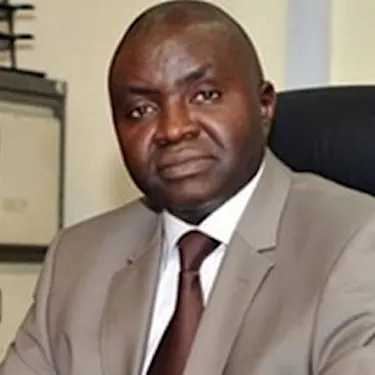
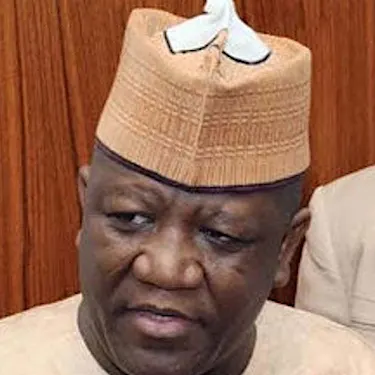
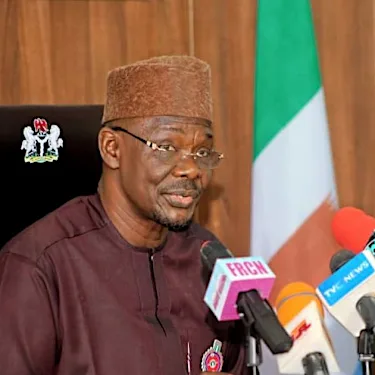

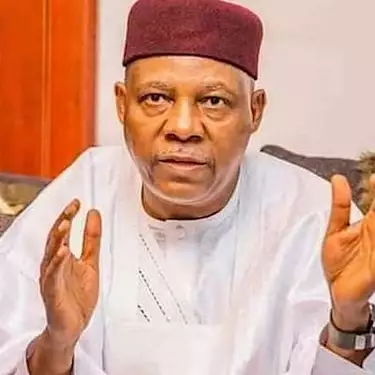








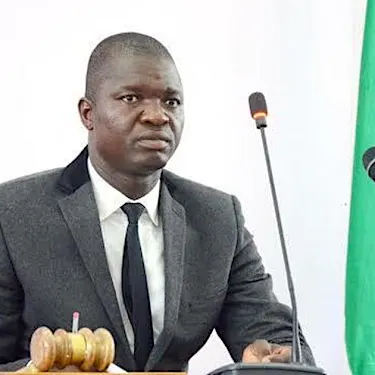

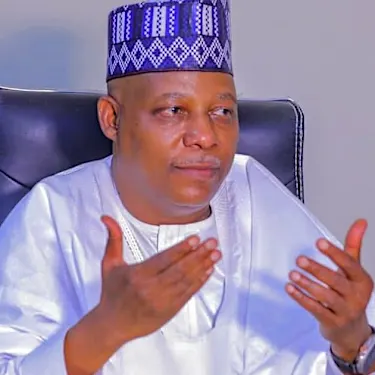

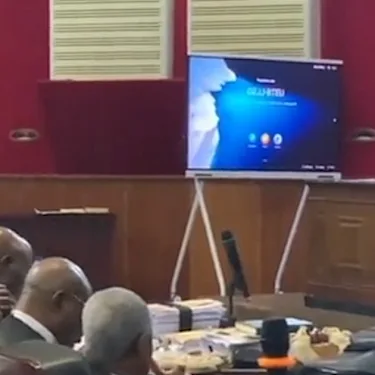

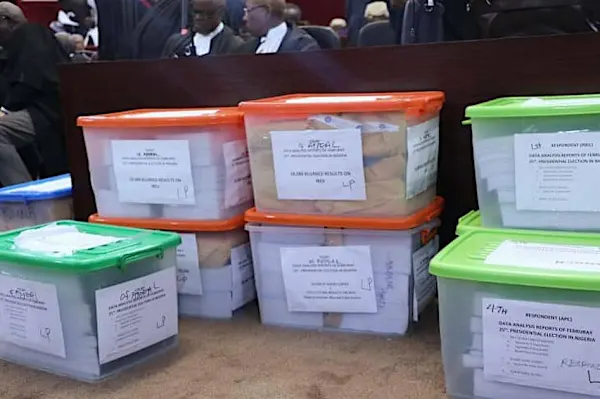

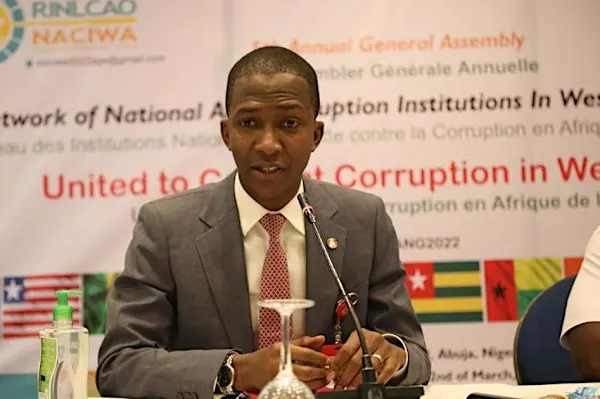



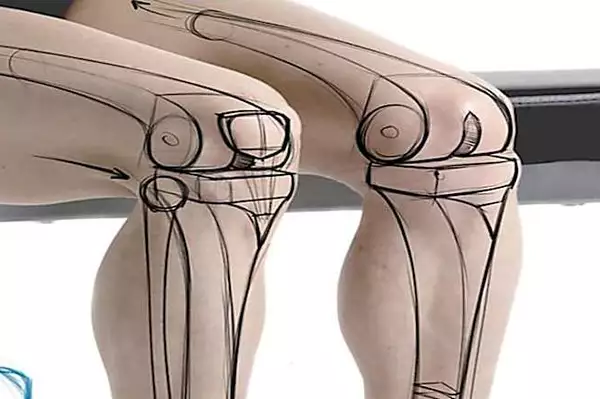
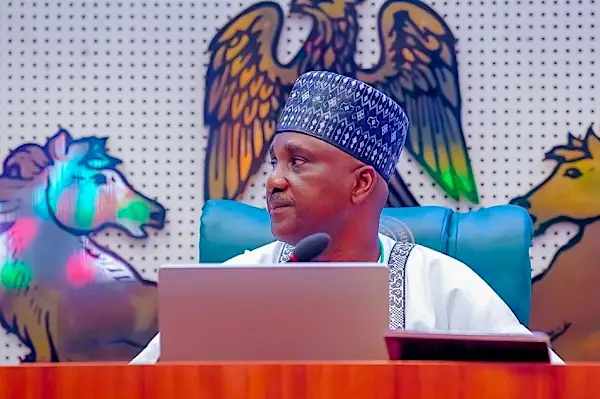

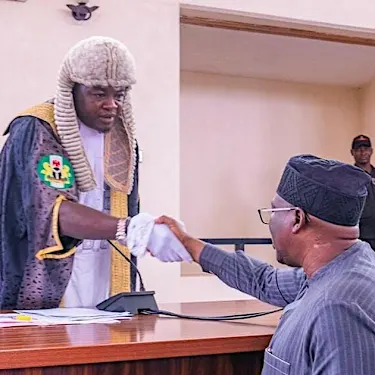
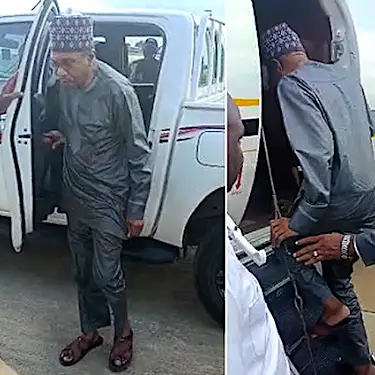

No comments:
Post a Comment